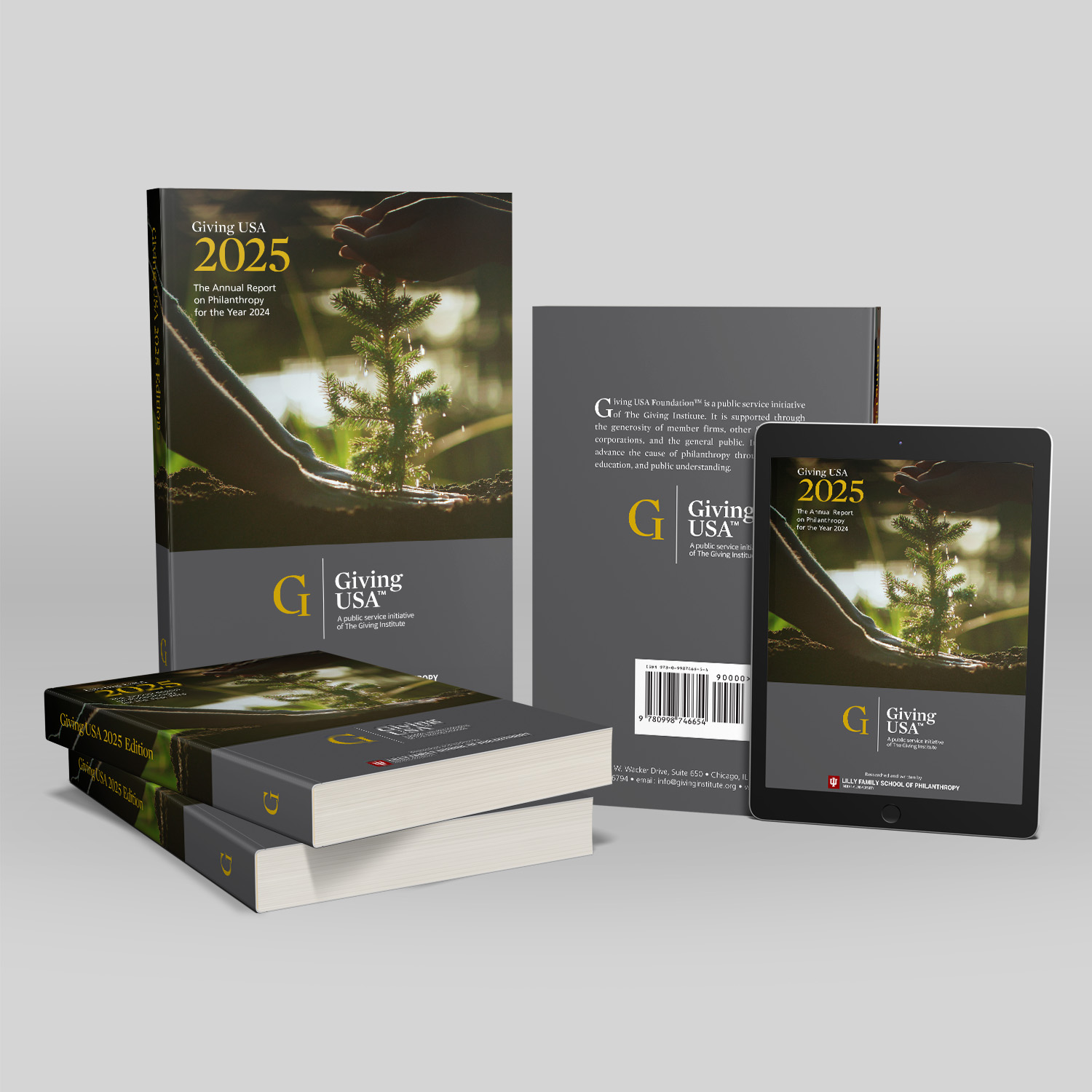Tensions are high. Floods of opinions saturate facts. Information overload happened long ago.
As institutions across the world are impacted by COVID-19, many are seeking answers to unfamiliar questions. To see our everyday lives dovetail with health care has been a shock to many but familiar territory for some.
I often find value in comparing the two worlds in which I spend much of my time – philanthropy and health care. As a volunteer EMS provider, I’ve always found comfort in health care’s footing in data, the evidence upon which key decisions are made. Evidence-based medicine integrates the best research with clinical expertise and patient values. It’s what leads practitioners to the right care at the right time to the right patient.
Sound familiar? As fundraisers we often hear the adage that an ask should be made at the right time, in the right place, for the right amount, to the right person, for the right project.
Data is vital to maintaining the course – especially in times of crisis.
1. Data cleanliness takes the spotlight.
While frontline teams are navigating changes day to day, this is a great time to focus on annual planning and portfolio cleanup. Take time to tackle data management projects that have been on the backburner.
2. Data reveals novel approaches.
New ways to engage with your donors may emerge as you evaluate the changing landscape. Innovative trends also will surface. Pay attention to how your constituents respond to your outreach and be ready to pivot when needed.
3. Data keeps decision-making grounded.
While long-term outcomes are unknown, measuring performance against established strategic objectives provides a solid foundation on which to develop tactics to succeed through times of instability.
4. Data delineates fact from falsehood.
Be wary of assumptions and use data to confirm theories about how your institution is being affected. Some institutions will weather the storm better than others.
Is data the end-all-be-all? Absolutely not! Your institution’s expertise and values should factor into the equation. But information ultimately gives you the power to know that you’re staying on the path.
 By Sarah Clough
By Sarah Clough

